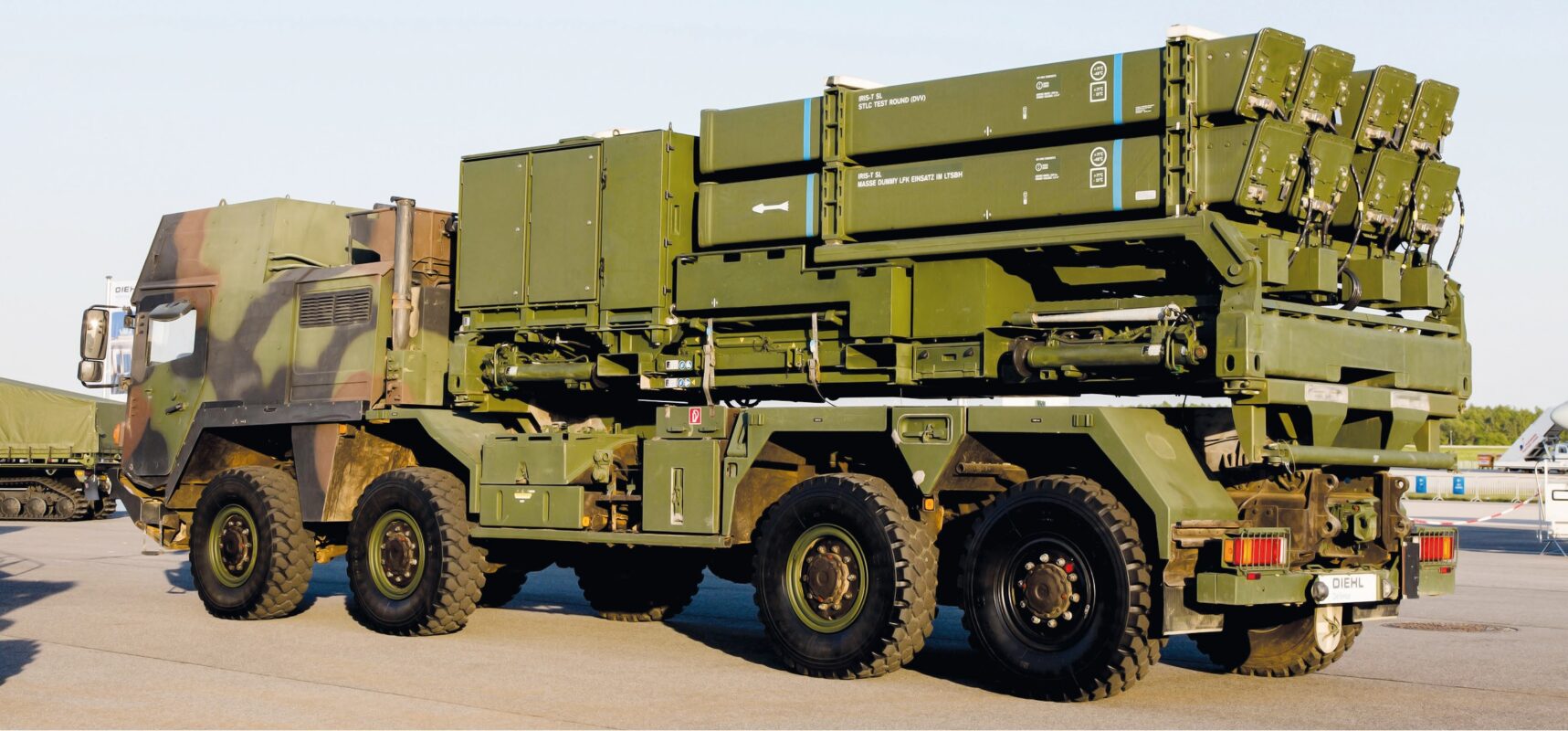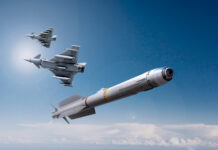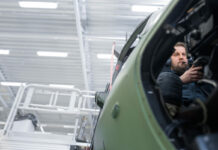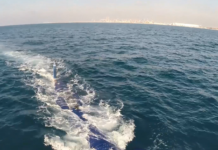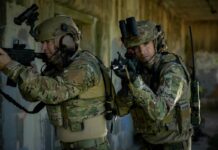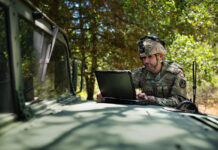The technology company VINCORION focuses on military energy and drive systems. These include state-of-the-art gensets and interconnected systems, hybrid energy systems as well as storage and power electronics. The company’s production facilities in Wedel, Altenstadt, and Essen also supply weapon stabilisation and power supply systems for main battle tanks such as the LEOPARD 2 and infantry fighting vehicles such as the PUMA. In this interview, Daniel Zeitler, Director of Product Management, talks about the company’s latest developments.
How does VINCORION make sure that the military has a safe supply of energy?
Zeitler: Mainly with experience. We have for example supplied more than 1500 power systems for air defense systems. The first ones in the 1980s for Patriot and most recently the energy systems for IRIS-T, which has been delivered to Ukraine since 2022. But we are making energy systems also for tanks and radars. With this decades of experience in military systems, everyone at VINCORION is aware of the importance of a safe power supply. And if people, infrastructure and public energy grids are as endangered as in Ukraine, reliability in the power supply of air defense system is crucial. Although, that our modern hybrid systems can also operate with grid power, if available.
In the course of the process, you are utilizing hybrid technology?
Zeitler: Exactly. Hybrid technology has great advantages in how it works, how easy it is to use in terms of a modern, highly automized system, and how much it cost lifecycle-wise. Fuel consumption is thus lower, which reduces dependence on fuel logisitcs & cost.
Besides the technology, are there other advantages to this approachfor soilders in the field?
Zeitler: First and foremost, it is possible to reduce the number of personnel. A reduction of a third in refueling operations implies that up to 50 per cent of the personnel previously required for operations can be utilized in more useful ways. This also implies increased safety: the troops are no longer vulnerable to the adversary’s sights. In public grid operation zero refueling or maintenance is needed, but you still have the genset in standby to take over without interruption. So we always guarantee the performance of the air defense with maximum efficiency.
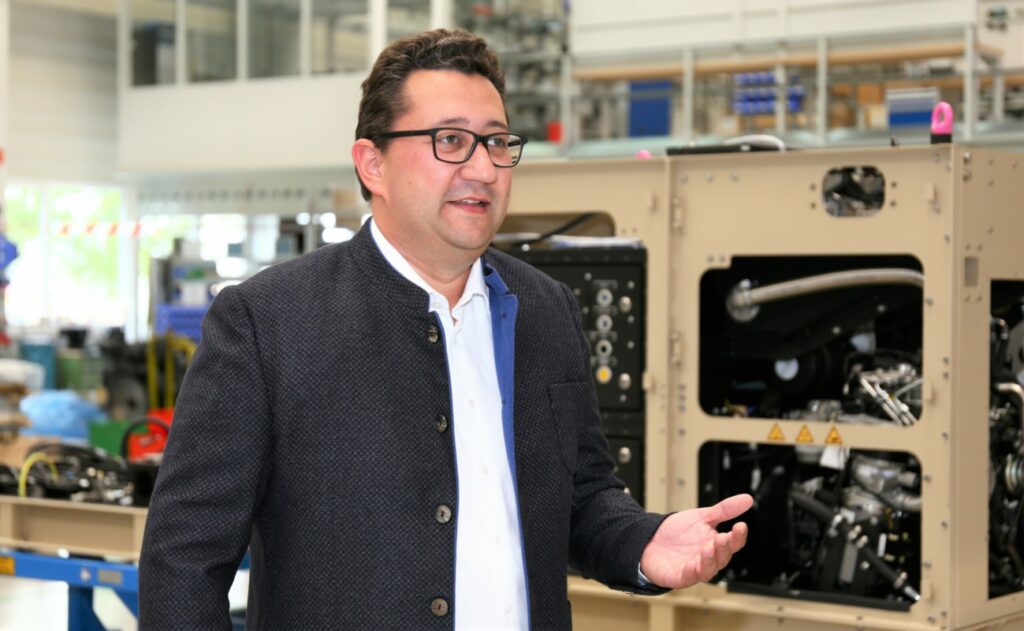
Can you back that up with data?
Zeitler: Normally, a conventional diesel genset used to supply a Patriot unit requires 3.37 liters of fuel per hour. With a modern hybrid diesel unit consumption drops to 1.78 liters per hour. This means that 72 refueling operations a day can become 24 refueling operations – which shows the impressive progress we made for users. We have further improved the direct working environment by reducing all emissions significantly with modern diesel engines, up to Stage V standard, still fully compliant with NATO single fuel policy and tactical requirements.
This will also affect how much CO2 is released into the air.
Zeitler: Oh yes. So our technologies are helping to save significant amounts of carbon dioxide. With an older Patriot system, the emissions would amount to 7.86 million tons of CO2 annually, assuming a high operational readiness of approximately 2000 hours. These emissions can be reduced by 33 per cent, to 5.23 million tons. This approach also effectively reduces the emission of nitrogen oxides, depending on the performance class of the units. Savings of between 40 and 60 per cent are possible.
However, are the systems equally efficient in the context of military requirements?
Zeitler: Of course, as said before, understanding the tactical requirements of our military users is part of our DNA. The great tactical advantages mentioned before have been the driver for the implementation of hybrid technology. The positive economic and ecological effects go hand in hand with higher performance. Operational readiness even increases as the maintenance intervals of the gensets are reduced as they are less susceptible to wear. We have successfully tested this in Germany and the USA.
Everyone is talking about green defence. Is this your contribution to a more environmentally friendly defence?
Zeitler: We’re gearing up for the big changes in the world of carbon reduction, digitalization, and decentralization. We offer Green Defence solutions to make military activities less harmful to the environment, like using less energy and reducing the amount of carbon emissions. We enable our military users to take benefit of relevant but reliable modern hybrid technology, not only for air defense systems, but also to military vehicles and other military application that need tactical power.


